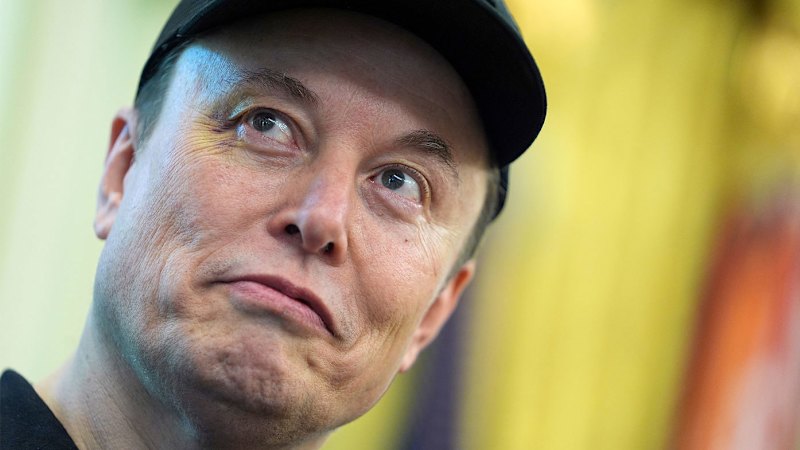
Tesla’s board has put forward a dramatic compensation plan for CEO Elon Musk, proposing a staggering $1 trillion pay package. If approved, this would become the largest corporate pay package in history and underscores Musk’s significant influence over the company. As Tesla seeks to evolve into a leader in artificial intelligence and robotics, the plan highlights Musk’s pivotal role amidst increasing challenges in the electric vehicle (EV) market.
The proposal comes during ongoing legal disputes regarding Musk’s $56 billion pay package from 2018, which has been under scrutiny. This new compensation plan is approximately 18 times the value of the contested package and is not far off from Tesla’s current market valuation. Musk stands to gain a substantial financial stake in the company if the targets set by the board are achieved, potentially positioning him as the world’s first trillionaire.
Challenges Facing Tesla and the New Proposal
Tesla’s reliance on Musk is evident as the company navigates a landscape of slowing EV demand and mounting competition from rivals such as BYD. Industry experts note that Musk’s bold compensation package may redefine CEO incentives across the board. Adam Sarhan, chief executive of 50 Park Investments, remarked, “While bold compensation tied to performance is nothing new, the sheer scale here sets a new bar for CEO incentives and will dominate boardroom debates everywhere.”
The board’s regulatory filing indicates that traditional compensation structures were deemed inappropriate for Musk, further emphasizing his unique status among technology executives. Musk has been instrumental in transforming Tesla from a niche startup into the world’s most valuable automaker, significantly scaling production and advancing electric mobility.
In recent months, however, Tesla has faced challenges, including a decline in its stock price and intensified competition. Critics of the proposed pay package raise concerns about governance risks and potential dilution of shareholder value. Brian Quinn, a professor at Boston College Law School, stated, “This is a ridiculously large pay package. It raises lots of questions, but last year Musk moved Tesla from Delaware to Texas in order to avoid all those questions.”
The newly proposed plan could grant Musk up to 12 percent of Tesla’s stock, valued at approximately $1.03 trillion if the company meets its target market value of $8.6 trillion. Achieving this would require boosting Tesla’s valuation nearly eightfold over the next decade. If Musk fully earns this package, it would enhance his voting power, raising further discussions about governance and succession within the company.
Performance-Based Compensation Structure
Tesla’s compensation structure ties Musk’s pay directly to performance metrics, including market capitalization and operational goals such as the mass production of robotaxis and humanoid robots. The company has stated that Musk will not receive a salary or cash bonus, echoing the performance-based model of his previous pay plan.
In early trading, Tesla’s shares rose by about 4 percent following the announcement of the proposal. Earlier this year, the board approved an interim compensation package for Musk valued at around $29 billion in restricted stock, aimed at retaining his leadership through at least 2030 as the company transitions to an AI-focused strategy.
In addition to the financial implications, Musk’s recent involvement in political initiatives has raised concerns among investors regarding potential distractions from Tesla’s core operations. Following a public disagreement with former President Donald Trump over tax policy, Musk announced plans to create a new political party, which he has since appeared to scale back.
Governance experts have expressed concerns regarding Musk’s concentration of power and the potential ramifications of his political pursuits on Tesla. The board has recommended shareholders vote against a proposal advocating for a political neutrality policy, which would increase oversight of Musk’s political activities.
As Tesla prepares for a shareholder vote in November regarding the new compensation proposal, the outcome could have a significant impact on the company’s governance and future growth trajectory. With Musk’s history of securing favorable terms, many believe the board will ultimately approve the unprecedented pay package.
As Douglas Chia, president of Soundboard Governance, noted, “It really seems like what Elon wants, Elon gets from the board and from his shareholders.”






